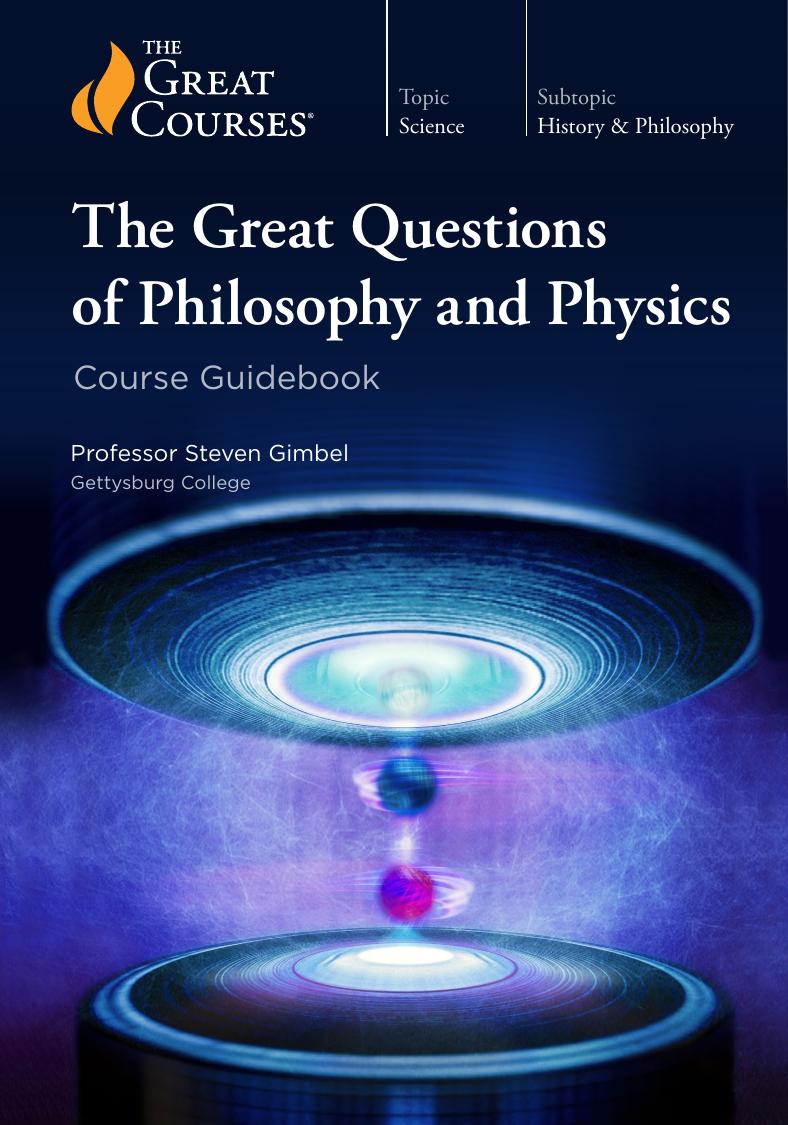

Most ebook files are in PDF format, so you can easily read them using various software such as Foxit Reader or directly on the Google Chrome browser.
Some ebook files are released by publishers in other formats such as .awz, .mobi, .epub, .fb2, etc. You may need to install specific software to read these formats on mobile/PC, such as Calibre.
Please read the tutorial at this link: https://ebookbell.com/faq
We offer FREE conversion to the popular formats you request; however, this may take some time. Therefore, right after payment, please email us, and we will try to provide the service as quickly as possible.
For some exceptional file formats or broken links (if any), please refrain from opening any disputes. Instead, email us first, and we will try to assist within a maximum of 6 hours.
EbookBell Team

0.0
0 reviewsTreating these and other puzzles with an entertaining and accessible approach, The Great Questions of Philosophy and Physics guides you through the concepts, theories, and speculations that underlie our understanding of reality. In 12 stimulating, half-hour lectures, award-winning teacher and philosopher Steven Gimbel of Gettysburg College covers the fundamental ideas of modern physics, highlighting the role of philosophy in setting ground rules, interpreting the results, and posing new questions.
Professor Gimbel describes the grand synthesis that Isaac Newton achieved with his universal theory of gravitation and its picture of absolute space and time. Then, you see how Albert Einstein’s theory of relativity, combined with quantum theory, overthrew the Newtonian paradigm, posing a host of philosophical puzzles. Among them is Erwin Schrödinger’s famous thought experiment about a cat that is simultaneously dead and alive according to the standard interpretation of quantum mechanics. You survey philosophical attempts to escape from this and other paradoxes, and you also investigate the role of mathematics in physical theories. Does its extraordinary success imply that the world is a mathematical system?
You close by exploring theological arguments that invoke the discoveries of physics to posit a creator God. As with other theories covered in the course, you carefully weigh both sides using scientific evidence and the tools of philosophy.